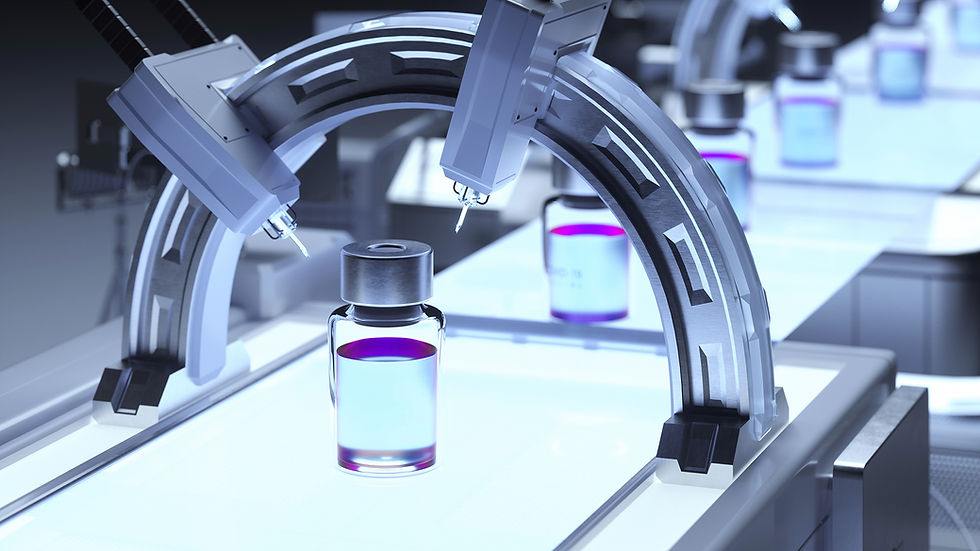
Water is a crucial element in healthcare facilities, serving a wide range of purposes such as patient care, sterilization, laboratory testing, and facility operations. Ensuring clean and safe water is of utmost importance to protect the health and well-being of patients, staff, and visitors. In this article, we will explore the best water treatment systems specifically designed for healthcare facilities, considering their unique requirements and challenges.
Importance of Water Treatment in Healthcare Facilities
In healthcare settings, water quality directly impacts patient safety, infection control, and overall operational efficiency. Contaminated water can lead to the spread of healthcare-associated infections, compromise medical equipment functionality, and affect the accuracy of laboratory tests. Implementing effective water treatment systems is essential to mitigate these risks and provide high-quality water for various applications.
Recommended Water Treatment Systems for Healthcare Facilities
Point-of-Entry Filtration Systems
These systems are installed at the entry point of water into the facility, ensuring comprehensive filtration to remove sediments, chlorine, and other particulates. They provide a reliable first line of defense to protect against common waterborne contaminants.
UV Disinfection Systems
Ultraviolet (UV) disinfection systems use UV light to destroy microorganisms, including bacteria, viruses, and protozoa. UV technology is highly effective in inactivating pathogens and ensuring water is free from harmful microorganisms.
Reverse Osmosis (RO) Systems
Reverse osmosis is a powerful water treatment method that utilizes a semipermeable membrane to remove dissolved solids, ions, and contaminants. RO systems are highly effective at producing purified water, free from impurities and contaminants, making it suitable for critical applications like dialysis, laboratory testing, and sterile equipment preparation.
Water Softening Systems
Water softeners are particularly beneficial in healthcare facilities where hard water can cause scaling and interfere with the effectiveness of cleaning agents. Softened water helps prolong the lifespan of equipment, improve efficiency in laundry and dishwashing, and enhance the effectiveness of cleaning and disinfection processes.
Considerations for Choosing the Right System
Water Analysis: Conducting a thorough water analysis is essential to identify specific contaminants and determine the appropriate treatment system. Understanding the water quality parameters helps in selecting the most suitable water treatment solutions.
Regulatory Compliance: Healthcare facilities must comply with various regulatory standards and guidelines related to water quality. Ensure the chosen water treatment systems meet or exceed these requirements.
Maintenance and Support: Consider the ease of maintenance, availability of spare parts, and ongoing technical support when selecting a water treatment system. Regular maintenance and monitoring are crucial to ensure the continued effectiveness of the system.
Summary
In healthcare facilities, the importance of clean and safe water cannot be overstated. Implementing the best water treatment systems tailored to the specific needs of healthcare settings is crucial for protecting patients, staff, and visitors from waterborne contaminants.
Point-of-entry filtration systems, UV disinfection, reverse osmosis, and water softening systems are among the recommended solutions to ensure high-quality water for critical applications. By investing in reliable water treatment systems such as Aquawise and following regulatory guidelines, healthcare facilities can maintain a safe environment and provide optimal patient care.
FAQS: Best Water Treatment Systems for Healthcare Facilities
Why is water treatment crucial in healthcare facilities?
Water treatment is vital to ensure patient safety, infection control, and operational efficiency by preventing the spread of infections and maintaining high water quality.
What are Point-of-Entry Filtration Systems?
These systems, installed at the water entry point, provide comprehensive filtration to remove sediments, chlorine, and particulates, serving as the first line of defense against common contaminants.
How do UV Disinfection Systems work in healthcare facilities?
UV disinfection systems use ultraviolet light to destroy microorganisms, including bacteria and viruses, effectively ensuring that water is free from harmful pathogens.
What is the primary function of Reverse Osmosis (RO) Systems in healthcare settings?
RO systems use a semipermeable membrane to remove dissolved solids and contaminants, providing purified water crucial for applications like dialysis, laboratory testing, and equipment preparation.
Why are Water Softening Systems beneficial for healthcare facilities?
Water softeners are advantageous in preventing scaling caused by hard water, improving equipment lifespan, enhancing laundry and dishwashing efficiency, and optimizing cleaning and disinfection processes in healthcare settings.
Related Articles:

Comments